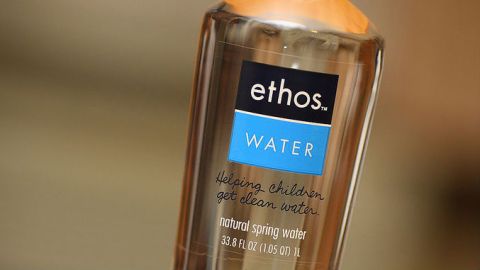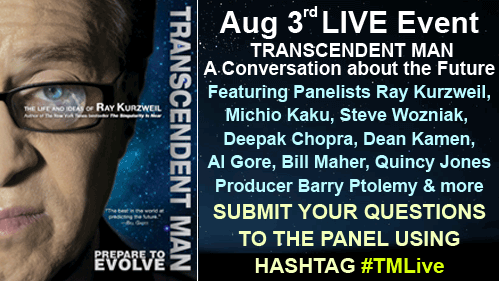Ethos: ‘The Prius of Bottled Water’

In launching Ethos Water, social entrepreneur Peter Thum set out to win the emotions of consumers and thereby address the larger issue of the so-called ‘World Water Crisis.’
Watch the video here:
What’s the Big Idea?
The world water crisis is part of the larger issue of how we use natural resources, how we price them, and who has access to them. Yet in the context of the many global challenges facing us today, it is also extremely difficult to bring an issue like water to the surface.
“The whole premise of Ethos,” Peter Thum tells Big Think, “was we’ll use consumer behavior to tackle a social issue.” Thum points to the Toyota Prius as an analogy. “I don’t think their intention was to specifically solve a social problem,” he says. Instead, Toyota’s Chairman said “’I want to be the most beloved car company in the world.’ And the Prius was the outcome of that.” The result? The name of the car become almost synonymous with the word “hybrid.” According to a study published in The New York Times, 57 percent of Prius owners said the deciding factor in purchasing their car was “it makes a statement about me.” Only 36 percent cited the fuel economy of the hybrid electric vehicle.
Similarly, Thum was able to tap into consumer behavior in the multi-billion dollar bottled water industry: “I realized that much of the consumption of bottled water and the use of brands was about people looking for emotional benefits,” he said. “And so I thought, there might be a way to create a brand that effectively would be a funding and communications platform that would take advantage of an existing behavior that people had and would also slowly make them aware of the issue through their use of this new brand.”
What’s the Significance?
Thum says that organizations like the Gates Foundation have demonstrated that “a relatively small group of people with a relatively small amount of money can begin the work toward eradicating a huge problem.” In other words, billions of dollars can eradicate specific diseases. Access to water is a bit different. According to Thum, solving this issue will involve “the proper pricing of water and the management of water systems across political boundaries throughout the world.” Thum sees the projects he has funded as “a stop gap measure for government taking a serious responsibility in providing infrastructure for its people.”





